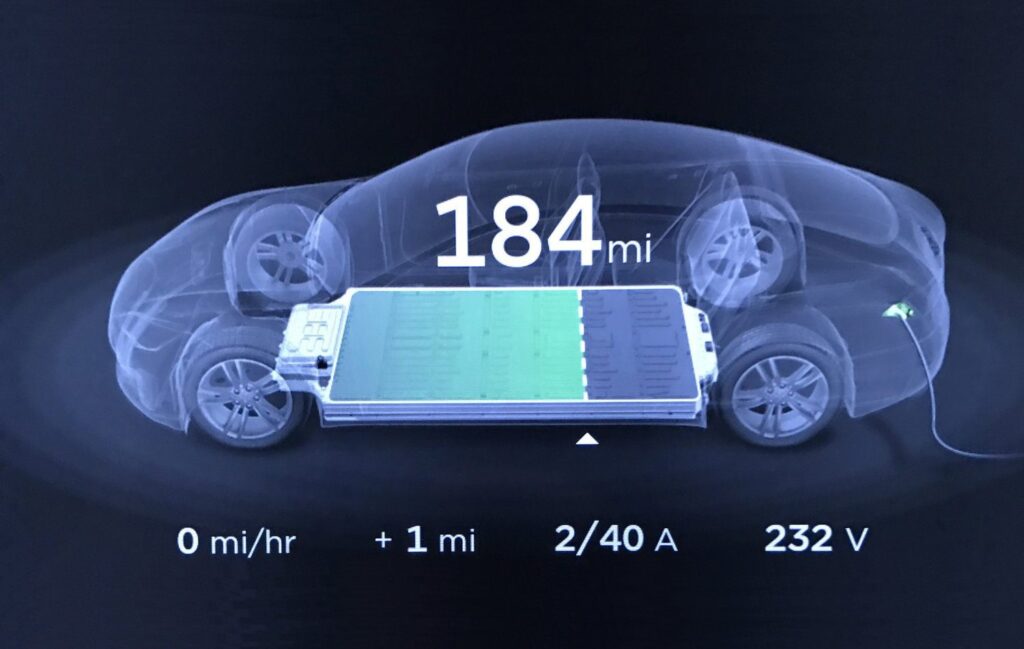EV batteries will change in the future: more efficient, lighter, greener
European countries are planning to ban the sale of new diesel and petrol cars in the future. This policy decision affects the production process of electric vehicles, as EV batteries and their technology are already being developed by carmakers.
The UK plans to remove new polluting vehicles from the market from 2030, reports news portal Autoexpress.co.uk. Although the sale of new internal combustion engine cars will stop in the UK from 2030, dealers in used fuel vehicles will not be affected.
This future environmental policy (which bans the sale of new polluting vehicles) encourages carmakers to develop affordable, practical, attractive electric vehicles (EVs). – electric vehicle, abbreviated EV). So how will EV battery design and capabilities change?
Developing more efficient and safer batteries
The main component of EVs – the batteries – is improving rapidly: over the last years, the range has increased and the EV itself needs less charging. While it is now common for an EV to cover more than 200 km on a single charge, the latest version of the Tesla Model S can cover up to 647 km in a single charge.

2019 m. Innolith AG, a German company, has announced that it will develop a new type of EV battery that can travel 620 miles on a single charge. y. about a thousand kilometres. This production technology, which Innolith AG would adopt as early as 2022, would use inorganic refractory compounds – electrolytes. This would reduce the risk of the electric car catching fire compared to the flammable organic electrolytes currently used in battery production.
Researchers developing innovative EV batteries take into account the cost of human and natural resources. The UK’s Committee on Climate Change warns that if EVs were to replace 31.5 million polluting cars in the UK by 2050, the process would require twice as much cobalt as the world currently consumes per year.
Carmakers promise to phase out cobalt
Around two-thirds (60%) of the world’s cobalt is supplied by the Democratic Republic of Congo, one of the most politically unstable countries. Between 20% and 40% of this cobalt is extracted from non-mechanised mines. The metal is mined by hand, the market often exploits children, and working conditions are largely unregulated.
Electric car manufacturers have set themselves the target of reducing the cobalt content of their products. Elon Musk, for example, has pledged to completely remove cobalt from the batteries of the next generation of Tesla models. Ethical material suppliers that ensure respect for human rights in the production chain are becoming a priority for carmakers.
Seeking substitutes for lithium metal
Another component of EV batteries, the metal lithium, is a matter of considerable debate. This chemical can cause side reactions if there are deviations in the extraction process. In this case, toxic chemicals can leak out, destroying wildlife habitats.
EV manufacturers are finding a way to reduce the use of chemical cells by recycling batteries, giving them a “second life”. “Honda collects used lithium or nickel hybrid batteries from 22 countries. After recycling, these batteries are used, for example, to store household electricity.
While Mercedes-Benz is looking at ways to move away from lithium metal in EV batteries, the process may take some time. However, the company intends to use silicon anodes instead of carbon. This material substitution would reduce CO₂ emissions during battery recycling and increase the EV’s single-charge capacity by around 20%.
Lighter, more efficient, even compostable batteries in the future
The next step towards improving the EV battery is particulate technology. Liquid electrolytes will replace the liquid electrolytes currently used, thus reducing the mass of the battery. The battery is also expected to increase its performance by around 35%.
In addition, the use of lithium and sulphur in battery production should increase battery efficiency and reduce mass. Such batteries are projected to be available in the early 2030s.
In the future, we should see batteries that are fully compostable. This would not only be a major environmental breakthrough, but would also speed up the charging process.
Thus, the components of the EV battery are expected to change substantially in the near future. Researchers are looking for ways to increase the range per charge, to make EV batteries lighter and to reduce the risk of EVs catching fire. Eliminating certain chemical elements in battery production – cobalt or lithium – would eliminate phenomena such as worker exploitation and chemical spills. The major car companies are showing awareness in their efforts to produce EV batteries in an ethical way.


